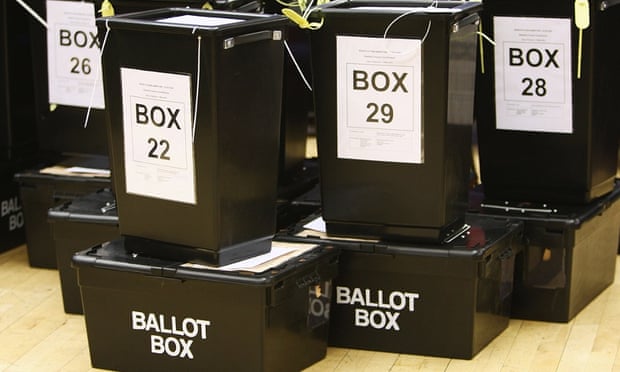Ched Evans: petition to prevent convicted rapist playing
1) Summarise this example for the rest of the class in one paragraph
Ched Evans is an ex footballer who used to play for Sheffield United and was convicted for rape three years ago. When he came out of jail he received the opportunity for a signing to Oldham Athletic. However, radical feminist Jean Hatchet created an online petition to stop the signing and received over 21,000 supporters within 24 hours.
2) What was the initial incident or situation that sparked this example?
The rape committed by Ched Evans and the fact that he was trying to go back into a high profile career.
3) In your opinion, is this an example of a valid campaign or something of a witchhunt against people who are not doing any serious harm?I believe this is a valid campaign as Ched Evans committed a crime by raping a girl. By trying to go back into a high profile career, Ched Evans is reinforcing the fact the that you can go back into a good job regardless of what you have done as long as you have power. However, by creating the campaign, Jean Hatchet was able to challenge Ched Evans along with thousands of supporters.
3) Caitlin Moran: Twitter silence
1) Summarise this example for the rest of the class in one paragraph
The movement is a Twitter trend called #TwitterSilence, and it involves an ironic day of quiet in protest of women's inability to speak out on Twitter without incurring some form of abuse. The idea belongs to controversial feminist Caitlin Moran, who said "I just wanted to do a thing" on Twitter before going dark around midnight.
2) What was the initial incident or situation that sparked this example?
The organiser of a campaign that put Austen's picture on the latest British banknote.
3) In your opinion, is this an example of a valid campaign or something of a witchhunt against people who are not doing any serious harm?
I do not think that this is a valid campaign or something of a witch hunt in my opinion. I believe it was carried out more as an experiment to see how powerful Twitter can be and how it changes when females are not involved in commenting or uploading anything.
1) Summarise this example for the rest of the class in one paragraph
The HeForShe campaign fights for equality as Emma Watson stated ''I was appointed six months ago and the more I have spoken about feminism the more I have realized that fighting for women’s rights has too often become synonymous with man-hating. If there is one thing I know for certain, it is that this has to stop.''
2) What was the initial incident or situation that sparked this example?
Emma Watson faced experiences which made her feel unequal to men such as, ''at 14 she started being sexualised by certain elements of the press, at 15 her girlfriends started dropping out of their sports teams because they didn’t want to appear “muscly” and at 18 her male friends were unable to express their feelings.'' At this moment, she decided she was a Feminist.
3) In your opinion, is this an example of a valid campaign or something of a witchhunt against people who are not doing any serious harm?
I believe it is positive that she is speaking out and fighting for gender equality. It is an issue that affects millions of people, not only in the US or UK but around the world. By speaking up, it encourages others to speak up as well and gives them confidence and will power that they may not have had before.







